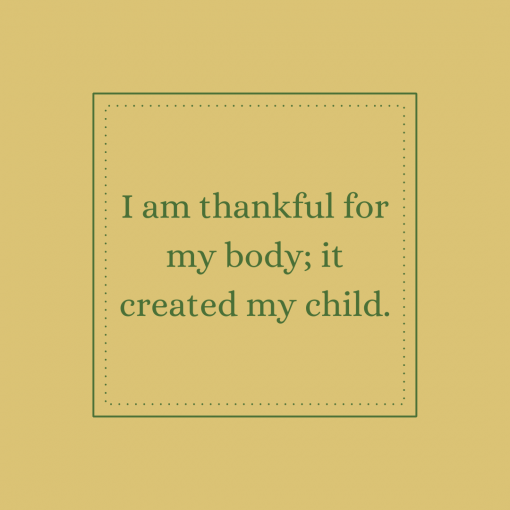Now that you're familiar with the idea of tracking your cycles and charting, you may be wondering, 'But, what should I be tracking?' Here are the top five things that I recommend clients to track.
Cervical fluid
If you are only going to track one thing, this is the one to track. It is THE most reliable indicator of your current state of fertility. As you progress through your cycle, you'll notice it changing to the 'egg white' stage, indicating your peak fertile window.
Basal body temperature
Although this doesn't help you identify when you are in your fertile window, it does help you to confirm that you have in fact ovulated, and thus are outside of your fertile window. It's important to note that there are many factors that can impact your temperature, including interrupted sleep, alcohol consumption, and varying the time that you take the reading.
Mood
Most of us are familiar with feeling mood changes throughout certain points of our cycle (particularly people who suffer from PMS). Tracking how our mood changes can be helpful when combined with other data points to identify where in our cycle we are.
Stress
Stress is a significant factor that can disrupt the delicate balance of hormones that make up our cycles, and one that is quite prevalent in our culture. If we track our stress levels, we can use that to help understand why a particular cycle varied from what is normal for that individual.
Ovulation predication kits
These tests look for the surge in the luteinizing hormone that is required for ovulation. This is an incredibly useful tool for predicting your fertile window, but they also have their downfalls. Some people never get a positive test; this doesn't mean they don't ovulate, but just that they may have missed the surge. This can lead them to misinterpret the rest of the data, and fail to identify their fertile window. They can also become expensive, depending on brand, how often a person tests, and how many cycles they are used.
Bonus point – track whatever YOU think might be relevant!
Hormones affect each of us in slightly different ways. Some people experience headaches near menstruation, others nausea. It's important to track any symptom that you might think is relevant. Your cycle is highly individual, and your chart should reflect that.
Still feeling confused and overwhelmed with the information? Feel free to leave your questions in the comments!




